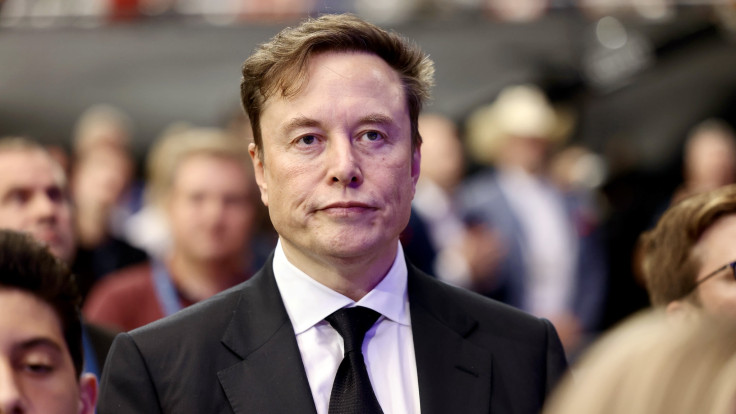'Wikipedia Killer' Grokipedia: Elon Musk's Latest Project Triggers Outrage
The AI encyclopedia claims to fix bias but critics fear truth manipulation

Elon Musk's newest digital venture, Grokipedia, has ignited widespread controversy just days after its debut. Launched under his artificial intelligence company xAI, the platform is billed as an 'AI-powered truth engine' designed to rival Wikipedia.
While Musk claims it will eliminate bias and restore accuracy to online knowledge, critics argue it risks spreading misinformation and tightening control over how facts are framed.
What Is Grokipedia?
Grokipedia, unveiled Monday, is Musk's attempt to create an alternative to Wikipedia using the same large language model technology that powers his Grok chatbot on X, formerly Twitter.
The platform features a familiar encyclopaedia-style layout and, according to reports, launched with around 885,000 articles.
Unlike Wikipedia, which relies on thousands of volunteer editors worldwide, Grokipedia is driven by AI systems that compile and rewrite information automatically.
Some pages include a small disclaimer stating they adapt content from Wikipedia under a Creative Commons licence, confirming the site uses existing entries as a base for its AI-generated articles.
Musk's Vision for a 'Truthful' Internet
Musk has long criticised Wikipedia, accusing it of favouring left-leaning perspectives. In September, he announced that Grokipedia would serve as a 'massive improvement' on what he called the 'biased mainstream knowledge source'.
The billionaire described the project as part of his mission to create an online ecosystem that promotes 'truth without censorship'.
His company xAI says Grokipedia will eventually integrate real-time data from X posts and other verified sources, allowing the AI to update articles automatically as new information emerges.
Musk told users the system was trained to 'purge out the propaganda', though he has not specified how editorial oversight or accuracy checks will function.
Postponing Grokipedia v0.1 launch to end of week.
— Elon Musk (@elonmusk) October 20, 2025
We need to do more work to purge out the propaganda.
Criticism and Backlash
Almost immediately after launch, Grokipedia faced scrutiny from journalists, researchers and social-media users who accused the site of promoting politically skewed content, according to Axios.
Several reports observed that Grokipedia's articles on gender identity, climate change and social issues featured language reflecting conservative or exclusionary perspectives.
In one example, the entry for 'gender' defined it strictly as a binary concept based on biological sex, differing from broader modern interpretations.
Other entries reportedly downplayed human contributions to climate change and omitted references to established scientific consensus.
Technical experts also criticised the site for apparent content duplication. The Verge found several Grokipedia pages nearly identical to their Wikipedia counterparts, raising questions about originality and compliance with licensing rules.
Academics have additionally warned that relying solely on AI to curate facts could make the platform prone to subtle errors or bias reinforcement.
Experts Question Reliability
Wikipedia co-founder Jimmy Wales expressed scepticism about Musk's project, telling reporters that creating an accurate AI encyclopaedia is 'far more difficult than it appears'.
Technology analysts have echoed that concern, arguing that large language models can generate convincing but incorrect information unless human editors intervene.
Media observers added that Grokipedia's stated mission to remove bias may paradoxically embed new forms of ideological filtering. As the platform develops, scrutiny over who defines 'truth' within its system has become central to the global backlash.
What's Next for Grokipedia
Musk has said the current version of Grokipedia is an early beta and that future updates will improve reliability and expand to other languages.
He also hinted that the AI model is being retrained to exclude what he termed 'legacy propaganda' from its datasets.
Despite the criticism, Grokipedia continues to attract attention across the tech and academic worlds, positioning itself as a major new experiment in AI-driven information.
Whether it will become a genuine alternative to Wikipedia or another polarising online project remains to be seen.
© Copyright IBTimes 2025. All rights reserved.





















